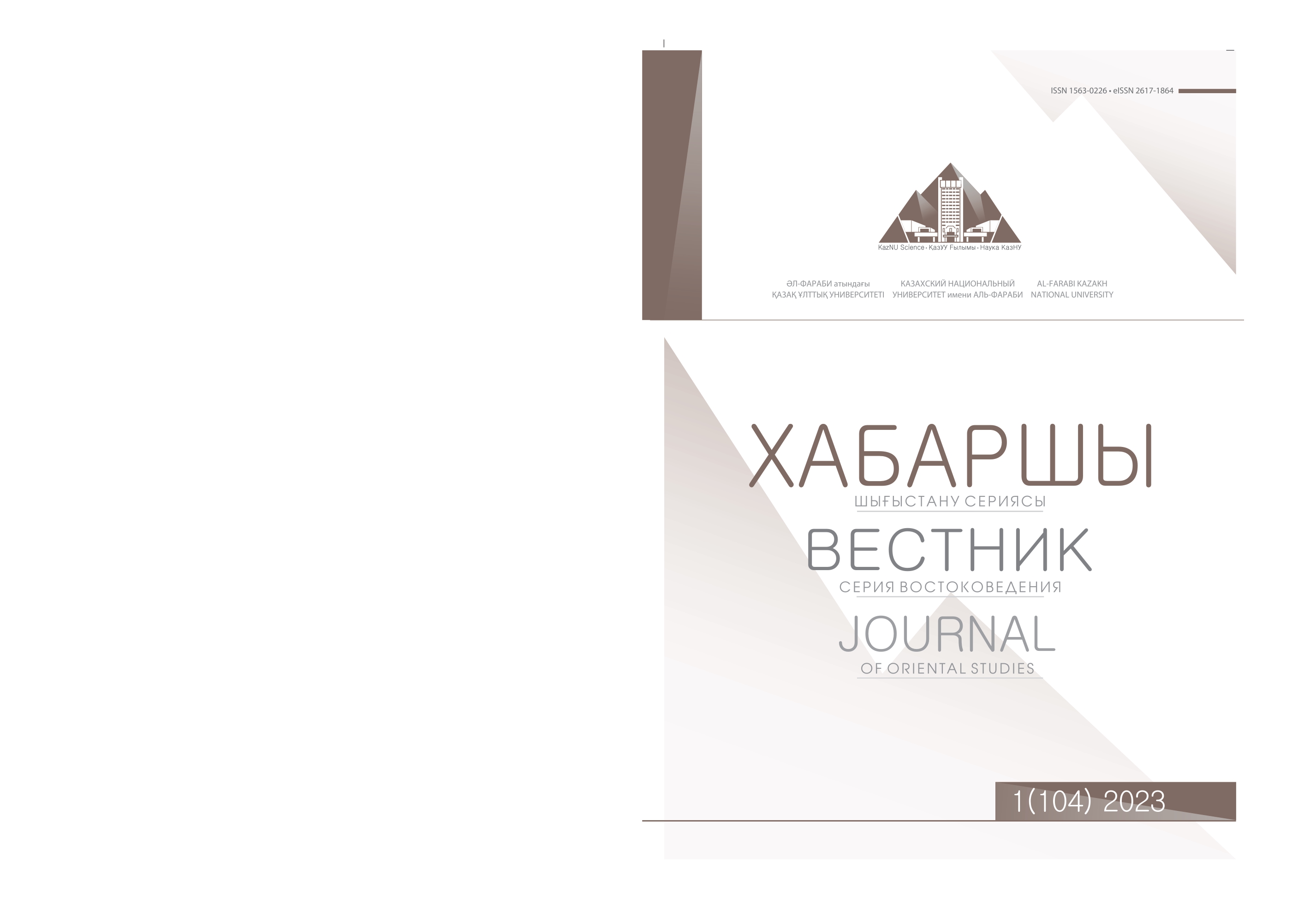THE EFFECT OF ALPHABET CHANGES IN CENTRAL ASIAN TURKISH COMMUNITIES FROM 1926 TO THE PRESENT ON TURKISH CULTURE
DOI:
https://doi.org/10.26577/JOS.2023.v104.i1.01Abstract
The alphabet is one of the most important factors that define a nation and serves as a bridge in transmitting cultural heritage to future generations. It is unthinkable to imagine a country without an alphabet. XIX. There was alphabet unity among Turks until the last quarter of the century. Physical and cultural fragmentation began with Soviet Russia's occupation of Turkestan geography. The new regime expanded Tsarism's policy toward Turks and assimilated Turks living under its rule. It ripped their geography apart. He repeatedly changed their alphabet. Reading Classical Turkish works and entering Turkish dormitories were prohibited by President Josef Stalin's order. Turkistan's intellectuals were executed. As a result, the Turks living in Soviet territory lost contact with the past. The goal was to create a completely different society by blending it with Russian culture. The world experienced unexpected developments in the 1990s. As the Soviet Union disintegrated, the Turkic Republics gained their independence. It seceded from the USSR and began to establish its national states. The search for a new alphabet was the most important of these. Key words: Soviet, Turkestan, Alphabet, Cyrillic, Latin.














